Our Team
- Home
- Our Team
The SSE Project team includes talented researchers, design assistants, and collaborators from diverse disciplines including education, sustainability, and the sciences.
Leadership
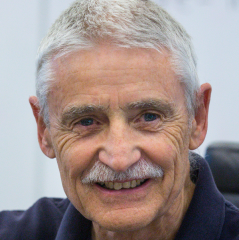
Chief Scientist
Lee Hartwell, Ph.D., is the Virginia G. Piper Chair in Personalized Medicine at the Pathfinder Center, housed in Arizona State University’s Biodesign Institute. At the Center, part of his work focuses on creating effective learning environments within higher education. He believes that the most efficient path for providing catalytic and positive changes in the world is to educate future and current educators on topics related to sustainability, innovation, critical thinking, and skills necessary to be successful in the 21st Century. He has developed a number of hybrid and all-online courses that utilize technology, digital storytelling, and real-world explorations.
Dr. Hartwell also oversees Project Honey Bee, an interdisciplinary research project to validate wearable devices for ambulatory patient management, as well as a separate project to develop biomarkers for the clinical management of many diseases at the Chang Gung Memorial Hospital and University in Taipei, Taiwan. For most of Dr. Hartwell’s career, he studied genes that control cell division in yeast; subsequently, many of these same genes have been found to control cell division in humans and to be the site of alteration in cancer. He is the President and Director Emeritus of the Fred Hutchinson Cancer Research Center and was awarded the 2001 Nobel Prize in Physiology or Medicine.
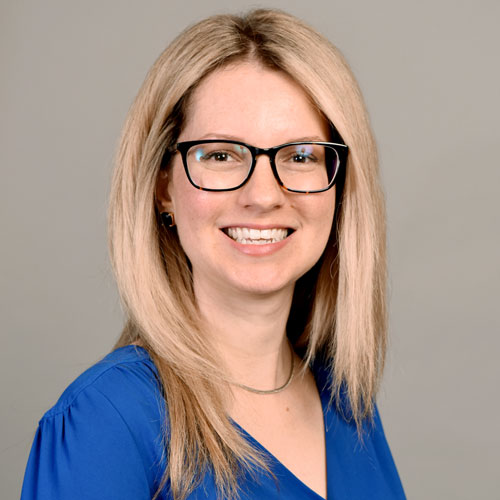
Director, Research & Development
Annie Hale, Ph.D., is based at the Biodesign Institute, Arizona State University, Tempe, Arizona, USA. She is a Director of Research and Development for the Biodesign Pathfinder Center at Arizona State University. Annie’s work combines the fields of science and technology studies, sustainability, and design from a human-centered approach. Her research interests focus on the question: How do people construct and understand the world around them, and, in turn, how do those constructs change the way people engage with their world? She directs a variety of educational programs that target sustainability and 21st-century learning that aim to inspire, engage, and empower a variety of publics, from educators to community leaders, through elegantly-designed experiences. Annie is a learning design expert weaving in best pedological practices for online, hybrid, flipped, and face-to-face learning experiences. With a background in design, Annie creates experiences that are simple, smart, and well-conceived.
SSE Team
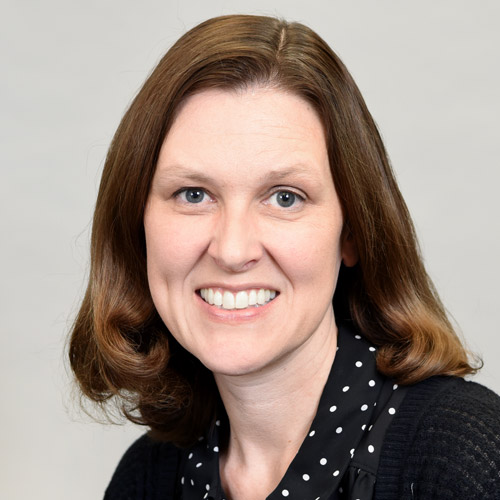
Associate Professor, Mary Lou Fulton Teachers College; Lead Researcher and Liaison, Sustainability Science Education
Dr. Archambault’s research areas include increasing sustainability literacy among pre-service and in-service teachers, teacher preparation for online and blended classrooms, the use of innovative technologies to improve learning outcomes, and the nature of technological pedagogical content knowledge. In addition to publishing in several prominent journals, she was awarded the Online Learning Innovator Award for Important Research from the International Association for K-12 Online Learning in 2010 and 2012. In 2013, she was named as the Promising Research Scholar for the Mary Lou Fulton Teachers College. Thorough the collaborative course development centered on sustainability and the Sustainability Education Framework for Teachers (SEFT), Dr. Archambault seeks to have a lasting impact on the practice of future and existing teachers throughout the state of Arizona and beyond. Dr. Archambault graduated from the University of Nevada, Las Vegas with a PhD in instructional and curricular studies. As a former middle school English teacher, she is passionate about improving education, particularly through the meaningful use of innovative technologies.
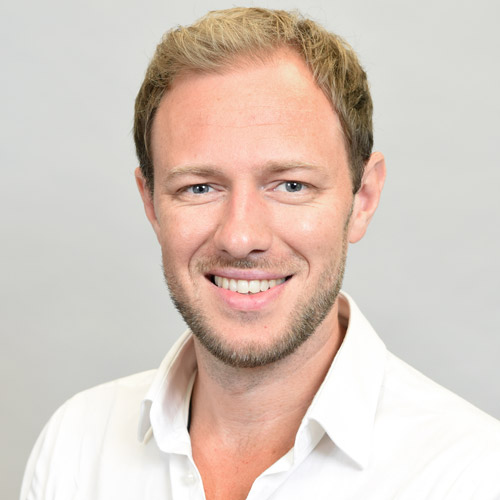
Researcher
Jan-Ole Brandt is an intercultural trainer and enthusiastic Ph.D. student from Germany who is exploring the field of sustainability, with a particular focus on higher education, learning processes and competence development. He is dedicated to the things he loves and interested in education towards a more sustainable future, social interaction and intercultural collaboration. After his BA in Sociology and Intercultural Business Communication Jan-Ole completed a Master of Science program in Sustainable Development at Uppsala University & SLU in Sweden. Currently, he is pursuing his Ph.D. in Sustainability Education from Leuphana University of Lüneburg in Germany.
Researcher
Rohan is a senior pursuing a degree in civil engineering with a concentration on sustainable engineering. He is working on research with Annie and Dr. Archambault as a research aide.
Administrative Specialist
Stefanie is a Administrative Specialist for the Pathfinder Center and the Sustainability Science Education Project. She works in support of the Director of Research and Development and Chief Scientist, while also providing assistance to the Project Coordinator and research team. Her contributions to SSE include day-to-day administrative operations, as well as course support, research database management, and event coordination.
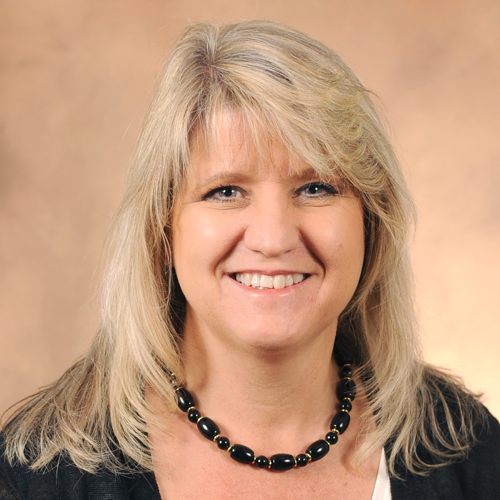
Business Operations Specialist Sr.
Sherie Gwynn is the Business Operations Specialist Sr. for the Sustainability Science Education Project at the Pathfinder Center, Biodesign Institute, Arizona State University.
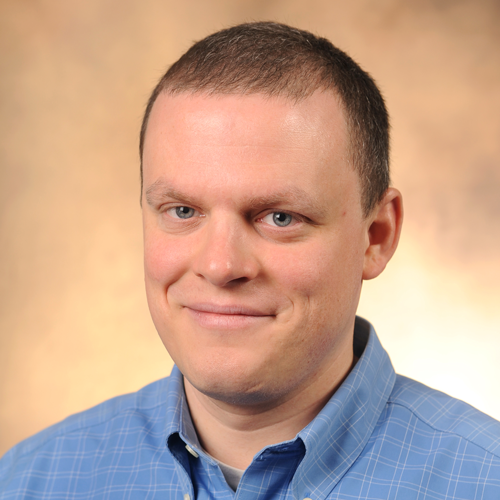
Researcher
Dr. John Harlow is a postdoctoral scholar for the MacArthur Foundation Research Network on Opening Governance in the School for the Future of Innovation in Society as ASU. John helped develop materials for the Sustainability Science Education Project at ASU’s Biodesign Institute. He is listed as a Faculty Associate in the Mary Lou Fulton Teachers College and teaches the Sustainability Science for Teachers (SCN 400) course. John was also the Conference Director for 2012 International Conference on Sustainability Science at Arizona State University. His current research studies strategic intervention points for process innovations in governance, focused on solving urban and sustainability problems using behavioral science, design, and digital tools.
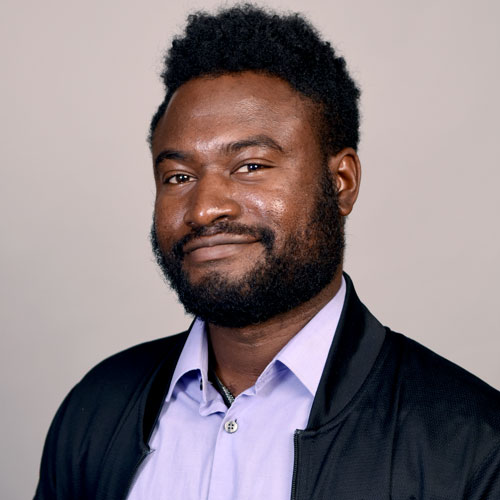
Student Videographer
Warren Martin is the student videographer for the Sustainability Science Education Project at the Biodesign Institute, Arizona State University. Warren is pursuing his Bachelor’s degree in Film Production at Arizona State University and holds his associates in Multimedia Technology and Game Development. Warren enjoys stitching together the pieces of video fragments until they form a cohesive narrative that engages the audience to learn something new and be moved by the content.
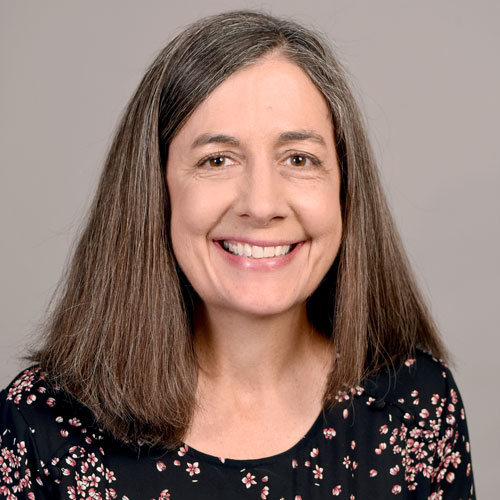
Assistant Professor, Mary Lou Fulton Teachers College; Researcher and Instructor, Sustainability Science Education
Dr. Merritt’s research focuses on teaching practices in K-8 classrooms that optimize student engagement and learning. She developed her passion for environmental and sustainability education while teaching for 16 years in public school classrooms in Virginia. In 2009, she received a graduate fellowship from the Institute of Education Sciences, which allowed her to study educational research methods in the context of a randomized controlled trial at the University of Virginia. Dr. Merritt has received several awards for her writing, including a Linking Research and Practice Outstanding Publication Award from the National Council of Teachers of Mathematics and two problem-based learning curriculum awards from the National Association of Gifted Children. She believes that educators and their students can improve the health of the planet through their daily actions and civic engagement.
Student Researcher, Susie Puga is an honors student pursuing a Bachelor of Science in Sustainability with a minor in Psychology and a certificate in Cross-Sector Leadership. Susie is working on research to advance the scope of the Sustainability Science Education Project. She enjoys bringing sustainability education to youth and empowering future generations.
Assistant Professor
Dr. Jennifer Richter is an Assistant Professor in the School of Social Transformation and the Consortium of Science, Policy and Outcomes. She has also been an instructor in the Mary Lou Fulton Teachers College, working with preservice teachers on the topic of sustainability. Her research interests are at the intersections of science and society, and how federal policies are enacted locally. Specifically, she focuses on nuclear energy and waste policies and how they affect small communities in America’s “nuclear corridor” in southeastern New Mexico. By examining how science and technology policies collide with local expectations and understandings of environment and economy, Dr. Richter explores the different scales of nuclear technologies and policies.
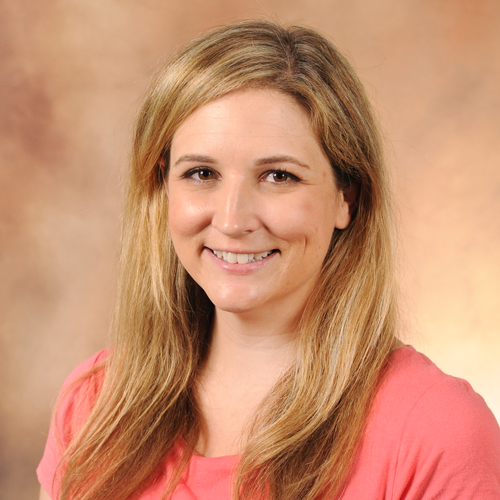
Assistant Professor, California State University Stanislaus; Research Collaborator, Sustainability Science Education Project
Catharyn is an Assistant Professor of Educational Technology in the Department of Advanced Studies at CSU Stanislaus. As a former High School teacher, Catharyn has a passion for developing engaging and challenging learning experiences and for working with teachers. She is committed to sustainability education, and even found a way to integrate it in to the High School Spanish courses she taught. Catharyn’s research explores how teachers teach and learn with emerging online technologies. In one line of research with ASU’s Sustainability Science Education Project, she has explored digital storytelling as a way for pre-service teachers to engage with complex sustainability ideas by integrating narrative story and video technology.
Affiliate Scholars
Assistant Professor Science, Technology, & Society, University of Virginia, and Research Collaborator, Sustainability Science Education project
The single unifying theme of Dr. Foley’s research is how to deploy emerging technologies safely while also addressing critical environmental and social issues effectively. He aims to bring diverse knowledge sets together to enrich our understanding of those challenges and, through this process, contribute to shared-learning and novel approaches to discovering the underlying root causes to complex problems. His current research on nanotechnology leverages interdisciplinary team-based science to frame broad sustainability challenges facing urban communities. The research engages with nanoscale scientists and engineers to bring their interdisciplinary knowledge together to understand how nanotechnology may contribute to ameliorating social problems. His research reaches out to entrepreneurs, issue-advocates, and policy-makers to enhance the stakeholders’ grasp of the social dimensions of emerging technologies and discover beneficial applications of nanotechnology to address critical environmental and societal challenges.
Research Assistant
Dr. Nzengya is a Research Assistant in the Center for Pathfinder Center in the Biodesign Institute, and works on the Sustainability Science Education Project. Daniel has his doctorate from ASU’s School of Sustainability. His contributions involve working with quantitative data required for the Sustainability Science for Teachers course. Originally from Nairobi, Kenya, Dr. Nezengya is also involved in helping to establish a network of K-8 teacher training universities in Africa, collaborating with ASU around issues related to sustainability science for teachers. He is a passionate advocate of children’s basic rights and is involved in several environmental movements. Prior to joining ASU, he spent nine years working as a lecturer in the Faculty of Agriculture and Natural Resources at Africa University in Mutare, Zimbabwe. He led the development and launch of Africa University’s Bachelor of Science degree programme in Natural Resources and Environmental Management.
Researcher, Sustainability Science Education Project; Faculty Associate, Mary Lou Fulton Teachers College
Lauren is a postdoctoral scientist at the Institute for Ethics and Transdisciplinary Sustainability Research at Leuphana University in Lüneburg, Germany. She has her PhD and MA from the School of Sustainability, Arizona State University. Lauren’s dissertation research focused on future scenarios of water governance in central Arizona. During her graduate education, much of Lauren’s research focused on sustainability education and how university programs can best educate students in sustainability problem-solving. The result of this research was two articles on competencies and education in sustainability, published in international, peer-reviewed journals as well as ongoing changes to the structure of graduate education in the Global Institute of Sustainability.
